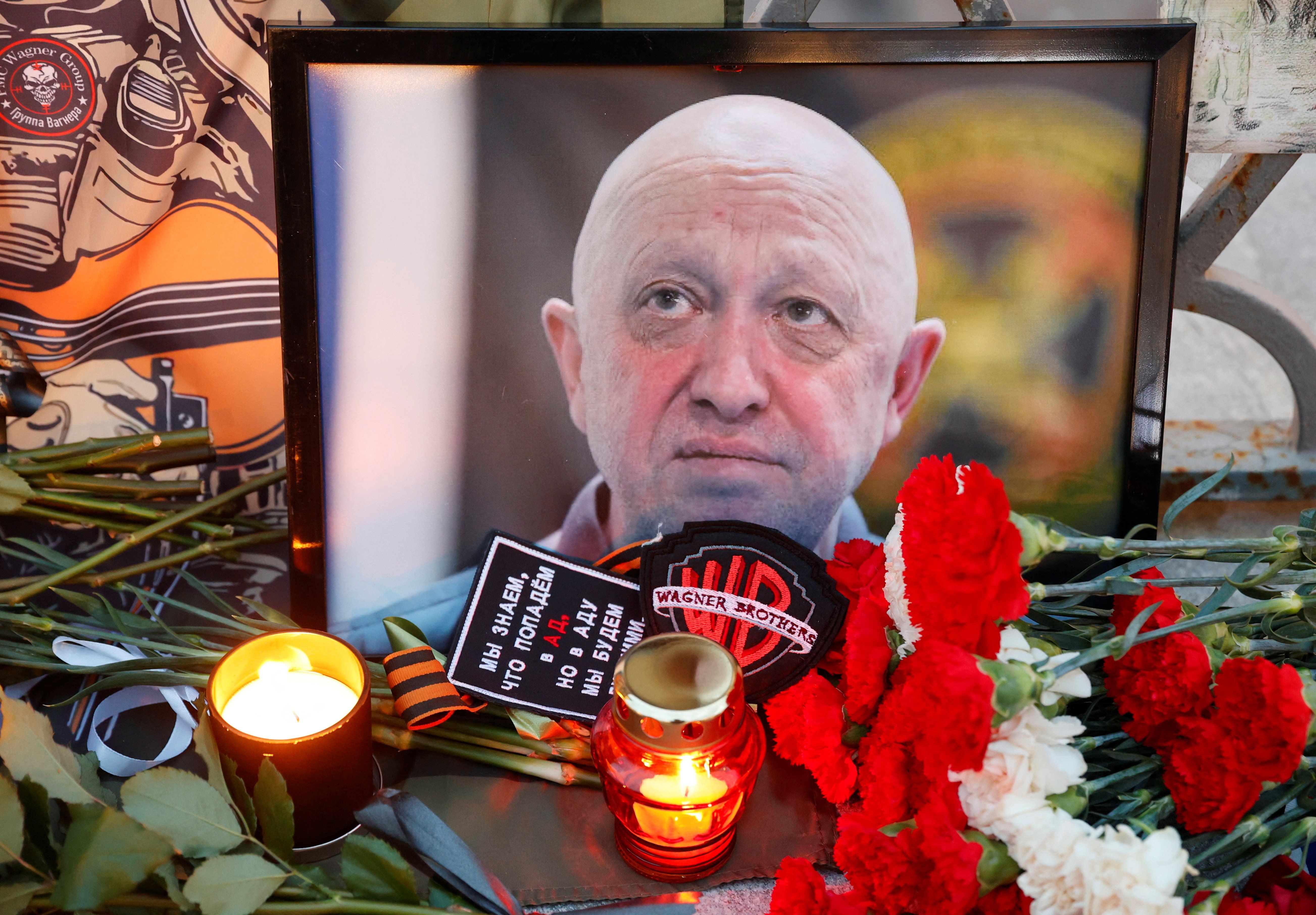Russia has confirmed the identities of the 10 people who died in a plane crash last Wednesday northwest of Moscow. They included Yevgeny Prigozhin, founder of the Wagner Group, as well key associates Dmitry Utkin and Valery Chekalov.
The question now turns to what happens to Wagner forces and the group’s clients, particularly African nations that are of strategic importance to Russia. Can President Vladimir Putin pick up where Prigozhin left off?
Experts note the personalized nature of Prigozhin’s leadership with both his fighters and his clients, as well as his ability to pull together “disparate entities and people.” Those entities included the leadership of Mali, the Central African Republic, Burkina Faso, and most recently, Niger. All are battling insurgent groups, including Islamic extremists, and in Mali, the militants have reportedly doubled their territorial control this past year. In Niger, the junta seeking to consolidate power after a recent coup had reached out to Wagner, but no relationship had yet been established.
Some predict that other Russian military operatives, such as Redut and Convoy, could fill the gap. Others note how the Russians have vowed to honor Wagner’s contracts in Mali and CAR. Meanwhile, the Republican Front, which is aligned with the leaders in CAR, confirmed its continued support for Russia and Wagner late last week. So it looks like Russia intends to continue leveraging Wagner in its bid to gain more influence on the continent.
It’s less clear what will happen in Burkina Faso and Niger, so we’ll be watching to see how junta leaders in those countries – and how Wagner’s men – respond to Prigozhin’s death.
